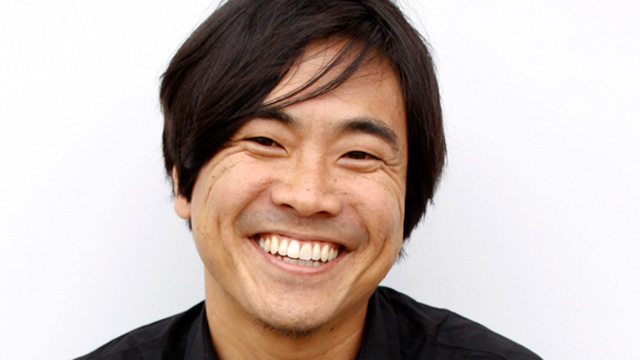But before he moved to Fresno, Herrick didn't realize the riches that the Central Valley held.
"I was one of those who, having been raised in the Bay Area, I would say, 'Oh, I've maybe driven through Fresno on the way here or there,' " he says.
Teaching English and poetry at Fresno City College, Herrick has grown to recognize the juxtapositions that are part of everyday life in the center of the state. Bullets mix with prayer. A police state mixes with a state of grace. And in spite of it all, a bounty of peaches, grapes, red onions, salsa, wine and chapchae grows.
"You can have a U.S. poet laureate coming out of Trader Joe's," he says, "down the same street where there is some pretty substantial poverty and some pretty substantial illiteracy."
The poets grow in the Central Valley, too. Herrick tries to make a list: Philip Levine, Juan Felipe Herrera, Andr?s Montoya, Peter Everwine, Gary Soto, Lawson Fusao Inada, Corrinne Clegg Hales, Tim Z. Hernandez, Brian Turner, Marisol Baca, Carleigh Takemoto ...
Herrick realizes there are too many poets to try and remember to keep the list going.
"I think all of those poets, or at least many of them, somehow embody some sort of grit and sweat and hope that you see in the poetry," Herrick says. "There is sort of a brutal realism, often, and a great sense of desire in the poets' work here."
Herrick likes to imagine a space in Central California where paperbacks are free, where farmers markets are 24 hours a day and are always packed, and where both priests and the homeless can eat equally well.
As he writes in his poem, "My California:"
... everywhere is Chinatown,
everywhere is K-Town, everywhere is Armeniatown,
everywhere a Little Italy. Less confederacy.
Like in any city, Herrick says, you can grow accustomed to its norms. But after traveling the state and the world, he thinks the norms in Fresno are anything but normal.
"They're quite extraordinary, rich. And those are some of the things I think a person might miss if they just skip by and glance from the 99."

